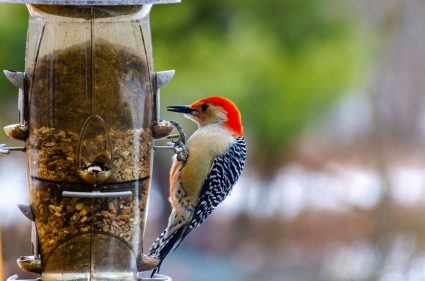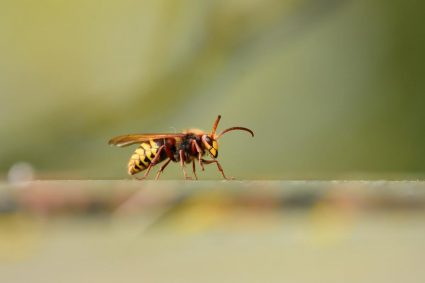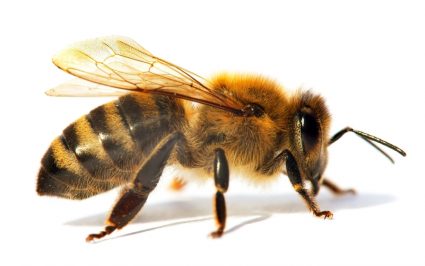
Raccoons, with their distinctive black-masked faces and striped tails, are charming creatures. Their high level of intelligence and mischievous antics can make them seem like an appealing choice for a pet. But, how are raccoons as pets? This comprehensive guide will explore the pros and cons of owning a raccoon, their unique characteristics and behaviors, dietary requirements, health considerations, and legal aspects of owning a raccoon as a pet.
Raccoons, while intelligent and playful, can be challenging as pets due to their unpredictable behavior, nocturnal nature, potential health risks, and legal restrictions. They are wild animals with specific dietary requirements and can be destructive and high maintenance. It’s crucial to thoroughly research and consider all aspects before deciding to own a raccoon as a pet.
The Pros and Cons of Owning a Raccoon
Raccoons are highly intelligent and playful creatures. They possess good memory and problem-solving abilities, can be quite engaging, and often exhibit behaviors like playing “hide and seek”, cuddling, and wrestling with toys. However, they are not common pets for a reason.
Pros:
- Intelligence and Playfulness: Raccoons are highly intelligent creatures with good memory and problem-solving abilities. They can be quite playful and engaging.
- Domestic Compatibility: Raccoons can be housetrained and are generally quiet animals.
Cons:
- Unpredictability: Raccoons are wild animals and can be unpredictable. They maintain their wild instincts and are generally quick to bite—even their favorite people—when something annoys or scares them.
- Nocturnal Nature: They are nocturnal animals, so their antics will likely keep you up at night.
- Health Risks: Raccoons can carry a number of parasites, viruses, and bacterial illnesses, including rabies, canine distemper, leptospirosis, toxoplasmosis, and intestinal roundworms.
- Destructiveness: They can be destructive, often damaging your home and belongings as part of their daily antics.
- High Maintenance: Raccoons require a lot of space to roam and consistent supervision.
- Threat to Other Pets: They can be a threat to other pets in your home, especially small animals, as they are predators in the wild.
- Veterinary Care: Finding a vet who is well versed in raccoon medicine can be challenging.
- Pet Care: It can be difficult to find a pet sitter for your raccoon.
Key Characteristics and Behaviors of Raccoons
Raccoons are medium-sized animals, typically weighing between 7 to 20 lbs and measuring 33 to 45 inches in length. They have a distinctive appearance with gray fur, a bushy tail with black bands, and dark black markings around their eyes, often referred to as a “mask”.
Raccoons are primarily nocturnal creatures, meaning they are most active during the night. They are excellent climbers and strong swimmers, using their nimble fingers to feel for food and climb trees. They are also known to be very curious and intelligent, which can lead to them getting into mischief, such as opening containers and garbage cans, or finding their way into houses to get food.
Dietary Requirements of Raccoons
Raccoons are omnivores, meaning they eat both meat and plants. Their dietary requirements are diverse and can be met by providing a balanced mix of proteins, fruits, vegetables, healthy fats, and essential nutrients.
A diet that is around 2/3 meat, eggs, and insects and 1/3 fruits, veggies, plant matter, and nuts is recommended. They should be fed lean meats such as poultry, rabbit, and fish with eggs occasionally. Feeder insects such as crickets, dubias, and mealworms are great for them.
Ensuring the Health and Wellbeing of a Pet Raccoon
Ensuring the health and wellbeing of a pet raccoon involves a combination of proper diet, regular exercise, and routine veterinary check-ups, including necessary vaccinations.
Regular veterinary check-ups are essential for the health of your pet raccoon. You should schedule routine physical exams with your veterinarian 1–2 times a year, even when your raccoon appears to be perfectly healthy.
Legal Considerations
The legality of owning a raccoon as a pet varies from state to state in the U.S. In many states, it is illegal to keep raccoons as pets due to concerns about the spread of diseases, including rabies, and potential health hazards.
Before adopting a raccoon, it is highly recommended to check with your state, city, and county authorities. If you come across an abandoned or injured raccoon, take it to a licensed wildlife rehabilitator. Do not keep a wild-born raccoon as a pet.
In conclusion, while raccoons are intelligent and unique creatures, they are not suitable pets for everyone due to their behavioral characteristics, potential health risks, and legal restrictions. It’s crucial to thoroughly research and consider all aspects before deciding to own a raccoon as a pet.
Frequently Asked Questions
How long do raccoons live?
Raccoons in the wild usually live 2-3 years. However, a pet raccoon that is well taken care of can live up to 15-20 years.
Can raccoons be litter trained?
Yes, raccoons are intelligent animals and can be trained to use a litter box. However, it may require a lot of patience and consistency.
Are raccoons dangerous?
While raccoons are not typically aggressive, they can become dangerous if they feel threatened. They may scratch or bite, potentially transmitting diseases.
How large of a space does a raccoon need?
Raccoons are active animals that require a lot of space. They need a large, secure outdoor enclosure as well as access to a safe indoor space.
Are there specific foods that should not be fed to raccoons?
Yes, certain foods can be harmful to raccoons. These include chocolate, caffeine, alcohol, onions, garlic, avocado, grapes, raisins, and certain artificial sweeteners like xylitol.
Can raccoons be vaccinated for rabies?
Yes, raccoons can be vaccinated for rabies. However, the vaccine is not recognized legally in many places, meaning a raccoon that bites a person or another animal may still be subject to euthanasia for rabies testing.
How can I tell if a raccoon is sick?
Some signs of illness in raccoons include loss of appetite, lethargy, changes in behavior, discharge from the eyes or nose, difficulty walking, and abnormal feces. If you notice any of these signs, it’s important to seek veterinary care immediately.











